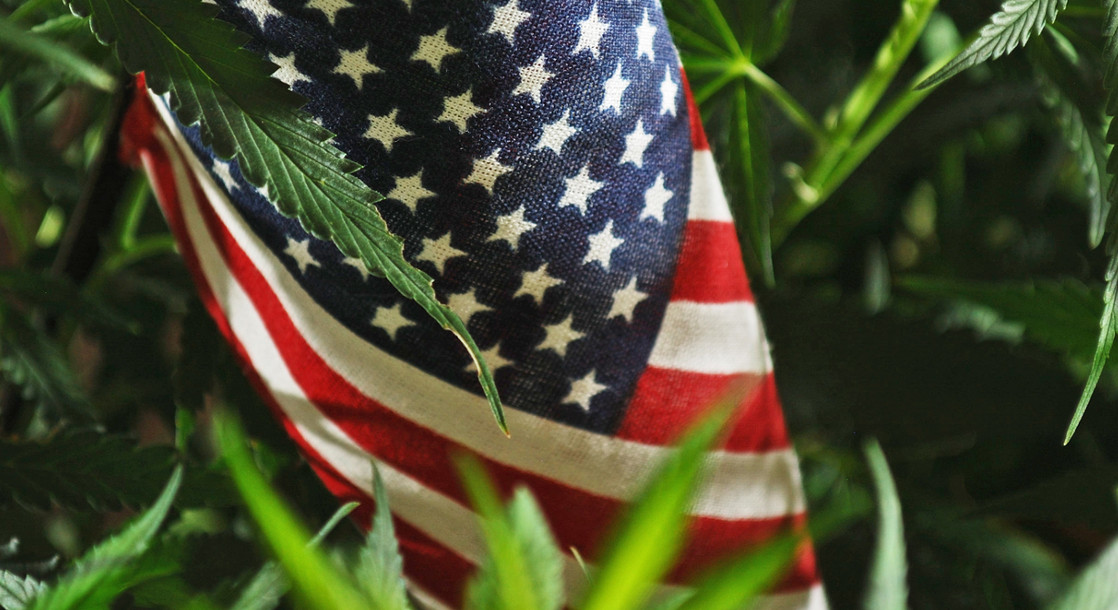While the federal government continues to sandbag the issue of allowing marijuana to be regulated in the same way as alcohol and tobacco under the legitimacy that is American commerce, more of the population is coming forward in support of ending decades of pot prohibition, once and for all.
The latest Quinnipiac poll, which was released at the beginning of August, reveals the greatest level of support for marijuana legalization ever recorded in the United States. It seems that 94 percent of the America public now stands in favor of “allowing adults to legally use marijuana for medical purposes if their doctor prescribes it.”
When it comes to whether people should be given the freedom to use marijuana recreationally in a manner similar to booze and cigarettes, the poll shows the issue has the support of 61 percent of the population.
The majority of the support for nationwide cannabis reform is coming from adults between the ages of 35 and 49, while younger Americans in the 18-to-34 demographic ranks a close second. Not surprisingly, the older generation (65 and older) is still somewhat on the fence over the legalization debate. Only 42 percent of the boomer group believes “the use of marijuana should be made legal in the United States.”
It has long been said that once the question of legal marijuana consistently resides in the 60-to-65 percent range, Congress will have no choice but to give the issue serious consideration. But while all of the major polls from the past year have showed public opinion above 60 percent support, federal marijuana legalization is still not on the Congressional radar.
There have been a number of bills filed this year aimed at ending prohibition, including one introduced last week by Senator Cory Booker, but these measures do no have anywhere near the kind of backing needed to prompt House and Senate negotiations.
As it stands, nationwide marijuana legalization really only has the support of a handful of Congressional forces. Most of the legislation calling for nationwide reefer reform has struggled to attract even 20 co-sponsors. In short, elected representatives don’t seem to be prioritizing their constituents’ calls for the federal legalization of cannabis.




![SNOOP DOGG’S KING OF THE KOMPOUND – MORTAL KOMBAT 11 TOURNAMENT [Part 6]](https://merryjane.com/wp-content/uploads/2024/04/sT6dbpfK-720.jpg)






